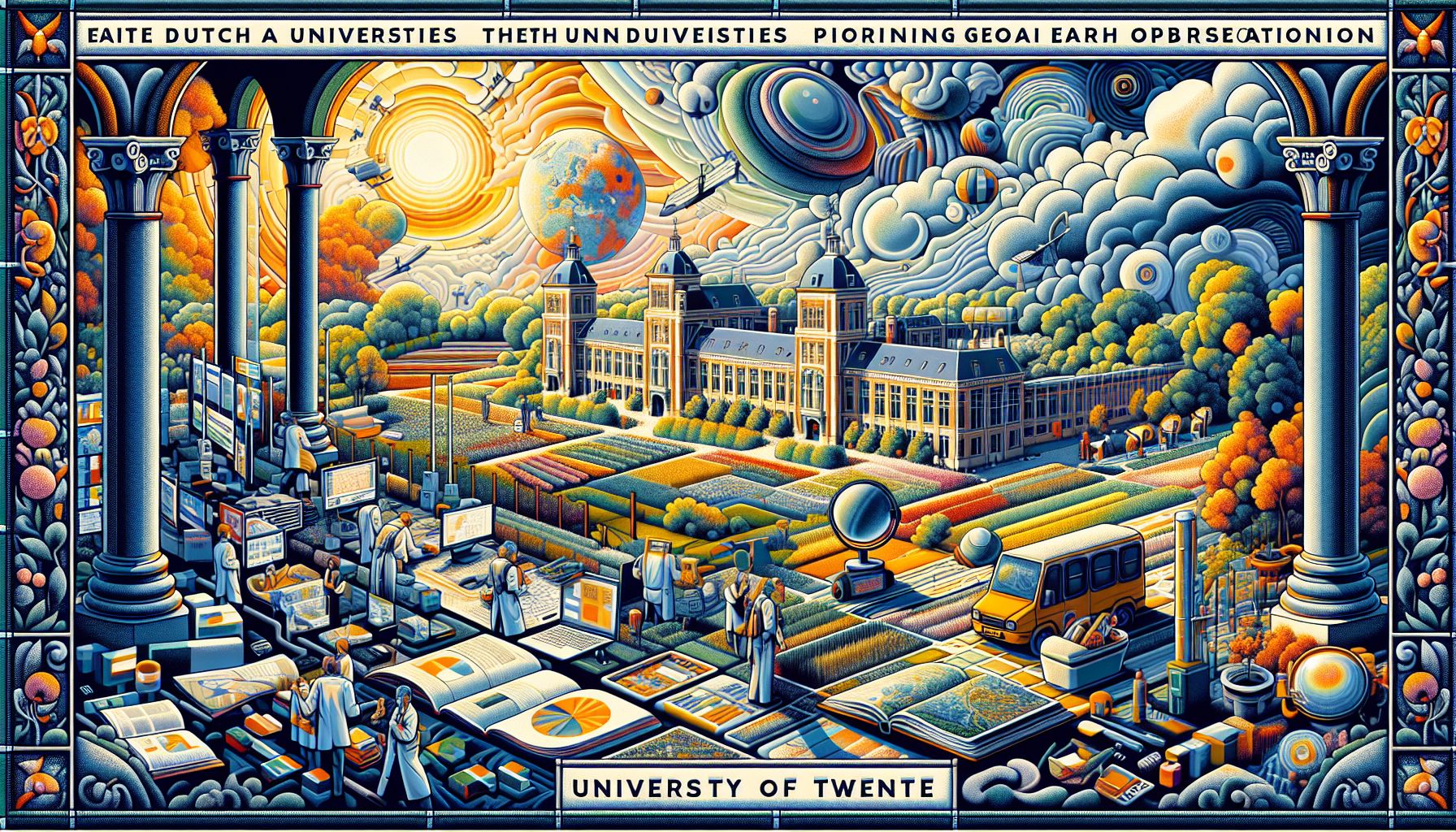Dutch Universities Pioneering GeoAI in Earth Observation

Enschede, Wednesday, 5 February 2025.
The University of Twente leads GeoAI research, merging geoinformation science and AI to enhance environmental monitoring and urban planning, underscoring Dutch innovation in geo-based solutions.
Leading-Edge Research at ITC
The Faculty of Geo-Information Science and Earth Observation (ITC) at the University of Twente stands as one of the world’s premier institutes for academic education and research in earth observation [1]. Under the guidance of course coordinator Wan Bakx, the faculty’s GeoAI specialization combines innovations in geospatial science with artificial intelligence to automate the analysis of complex spatial datasets [2]. This cutting-edge program focuses on developing expertise in machine learning, cloud computing, and UAV technologies, enabling professionals to address global challenges such as urban expansion, food security, and climate change [2].
Practical Applications and Impact
The integration of GeoAI technologies has proven particularly valuable for sustainable urban planning and land use optimization [3]. These advanced tools enable automated analysis of satellite imagery and UAV data, providing crucial insights for environmental monitoring and resource management [2]. A significant application of this technology includes the creation of targeted policies that address socio-economic disparities while promoting environmental sustainability [3].
Current Developments and Future Outlook
The University of Twente continues to expand its influence in the field, with notable contributions from experts like Dr. Caroline Gevaert, Associate Professor in Geoinformatics at ITC, who will lead a discussion on ‘Help or Hindrance? The Ethics of AI-Driven Geoscience’ on February 6, 2025 [4]. Recent datasets published by Dutch researchers demonstrate the practical applications of GeoAI, including advanced surface turbulent heat flux modeling and urban scene understanding using deep learning, published in early 2025 [5].
International Collaboration and Impact
The program emphasizes transparency and reproducibility in AI research, with graduates developing critical thinking skills and practical applications for real-world problems [2]. The faculty’s commitment to open science and ethical AI practices has positioned it as a global leader in addressing sustainable development goals through geo-information science [1]. This approach has attracted international attention and fostered collaborations with institutions worldwide, reinforcing the Netherlands’ position at the forefront of GeoAI innovation [GPT].

